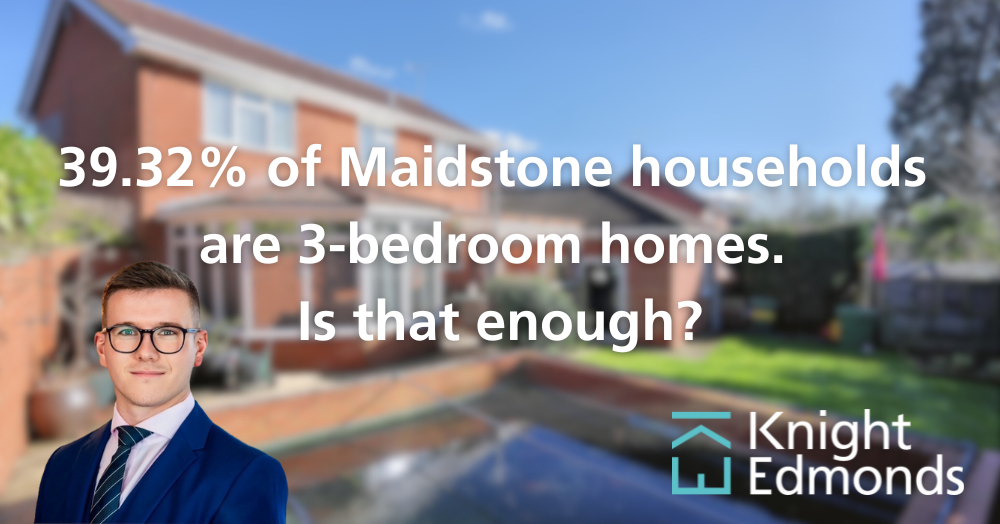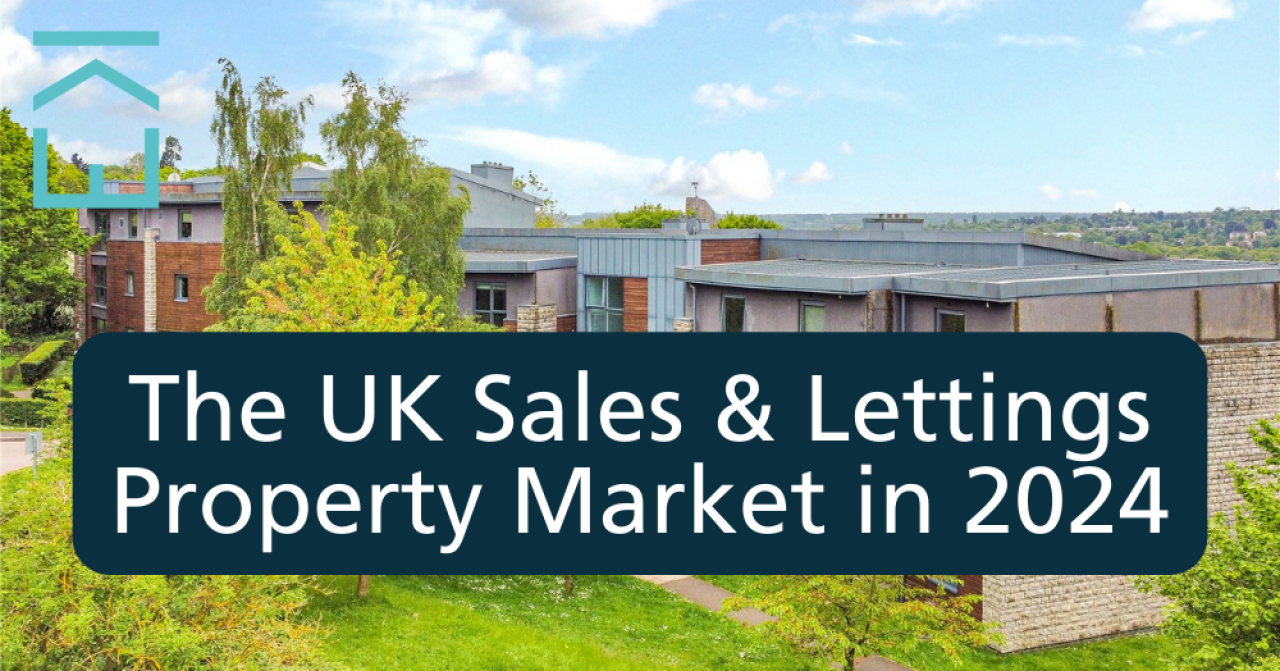What do you need to consider when buying a leasehold property?
When you purchase a property, you will come across the terms freehold and leasehold. If you purchase a house, it's highly likely you'll be purchasing the freehold.
In this scenario, you own the property, its outdoor space and the land it sits on outright with no ongoing costs apart from your own upkeep/maintenance and mortgage payments.
On the other hand, if you buy the leasehold - which is likely if you are buying a flat, apartment or in some cases a new build property - you don't own the home outright.
You own the property for the duration of the lease agreement, but the land it sits on and surrounding land belongs to the freeholder. This alternative method of owning a home will require you to pay a range of ongoing costs.
In recent years, the freehold vs leasehold debate has attracted lots of attention, with various scandals and government interventions.
There is nothing wrong with buying a leasehold, as long as you make sure you are aware of how the system works, how much it's going to cost you and understand the specifics of the leasehold you are looking to buy.
Below, we outline some of the main things you need to consider if you purchase a leasehold property...
How does it work?
If you purchase a leasehold property, you will own the property for the duration of your lease agreement with the freeholder. At the end of the lease, the property will return to ownership of the freeholder unless it is extended.
Most leases up for sale are often between 80 years and 125 years and can legally stretch to as long as 999 years. That said, there is nothing to stop short leases changing hands, so it's something buyers need to be aware of.
If you purchase an apartment or flat which is part of a block, while you will own the individual property for the lease period, the freeholder will own the entire block and its common areas.
The associated costs
As mentioned above, if you purchase a leasehold property there will be ongoing costs for you to consider. Firstly, you'll be required to pay a service charge which covers the cost of running the building, its common and outside areas.
This fee may include paying for things like cutting communal grass, electricity in common areas and repairs of walls or doors. You will also be required to pay an annual ground rent to the freeholder. In recent years, many leaseholders have been hit with ground rents that double in cost every ten years or even more regularly. This is known as onerous ground rent.
The government has carried out a number of consultations and proposed measures to combat the problem, although progress has been limited.
Building insurance (which will usually be organised by the freeholder) and administration fees are two of the other common costs you are likely to be required to pay as a leaseholder.
The length of the lease
Knowing the length of the lease you are purchasing and how that could affect you is also extremely important. It can be harder to get a mortgage for a property with a lease of less than 70 years.
Meanwhile, when you come to sell, if the lease is running out, the property could be less appealing to buyers and it could be difficult to sell.
Thankfully, extending the lease on a property is fairly straightforward, with most freeholders keen to facilitate an extension as it's in their interests.
Once you own a leasehold property for two years, you are entitled to extend your lease by 90 years, providing you are what is known as a 'qualifying tenant'.
Upkeep, maintenance and changes to the property
As the leaseholder, you are free to maintain, revamp and look after your property in the usual way. Meanwhile, wider maintenance of communal areas, gardens, walls, doors and windows will likely be the responsibility of the freeholder, who is often employ a management company to look after these tasks.
Leaseholders are able to challenge any charges or changes the freeholder proposes to make, meaning they are required to consult you before they carry out any significant or costly renovation works.
If you want to carry out your own building works, you will be required to get the permission of the freeholder alongside the usual planning permission.
Recourse for disputes
A significant benefit of buying a leasehold property is that the terms of the lease are likely to give you recourse to approach any issues you are experiencing with the freeholder.
For example, if you are having a problem with noisy neighbours, it can be taken up by the freeholder or management company and you are more likely to find a solution. In the same scenario for freehold property owners, the only course of action available is to take up the issue directly with the police.
As you can see, there is plenty to consider when purchasing a leasehold. Buying a freehold can be more straightforward, but that doesn't mean there aren't benefits to owning a leasehold, nor should you avoid them if you really like the property.
To make sure buying a leasehold works for you, it's imperative that you do your research, read and understand the lease and get a handle on all the costs involved.
Here at Knight Edmonds, we can provide you with all the advice you need on buying leasehold and freehold properties. You can get in touch with our expert team today on 01622 291 491 or maidstone@knightedmonds.co.uk.



 By
By 
 By
By 

Share this with
Email
Facebook
Messenger
Twitter
Pinterest
LinkedIn
Copy this link